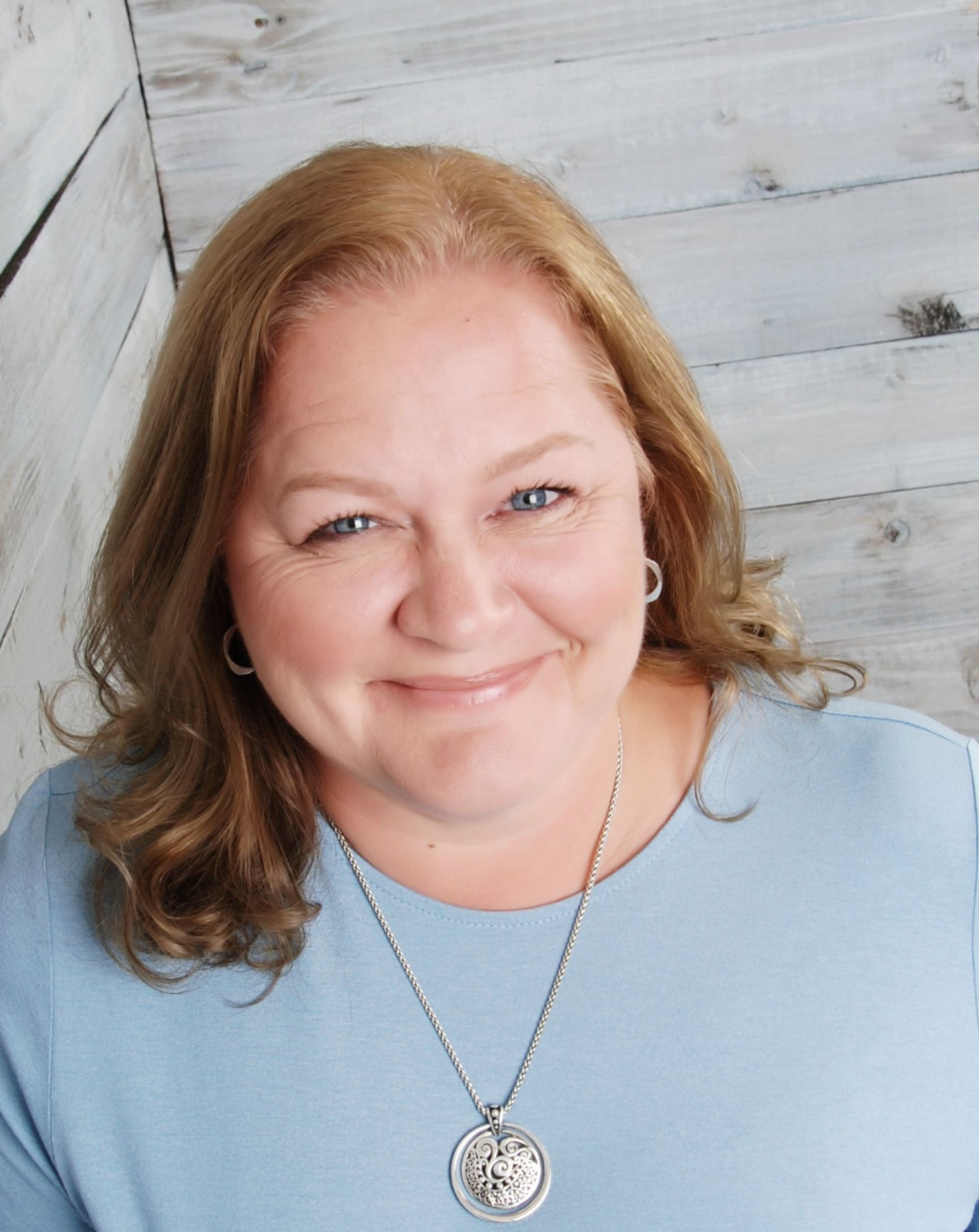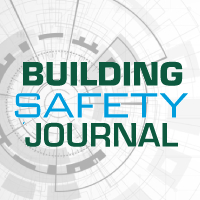
ICC Members: Shaping the safety of the world around us — Lori Greene

![]() Code professionals ensure building safety today, for a stronger tomorrow. As the individuals behind modern codes and standards, these professionals are responsible for ensuring the safety and compliance of codes and standards, shaping the safety of the world around us, and serve as the safety foundation for our buildings. They don’t just ensure that buildings are constructed to withstand the stress of everyday use, they are behind the security and stability of every building. They specialize in preventative measures to help communities weather unforeseen natural disasters and ensure that first responders have less to worry about and can do their jobs safely. Code professionals are an essential piece in the building and construction puzzle and are engaged in the building process from the initial building plan to the finished product.
Code professionals ensure building safety today, for a stronger tomorrow. As the individuals behind modern codes and standards, these professionals are responsible for ensuring the safety and compliance of codes and standards, shaping the safety of the world around us, and serve as the safety foundation for our buildings. They don’t just ensure that buildings are constructed to withstand the stress of everyday use, they are behind the security and stability of every building. They specialize in preventative measures to help communities weather unforeseen natural disasters and ensure that first responders have less to worry about and can do their jobs safely. Code professionals are an essential piece in the building and construction puzzle and are engaged in the building process from the initial building plan to the finished product.
The International Code Council is a member-focused association with over 64,000 members dedicated to developing model codes and standards used in the design, build and compliance process to construct safe, sustainable, affordable and resilient structures. They protect the public through their commitment to building safety; enforce code compliance to empower and educate stakeholders across the built environment to embrace and integrate safety standards in their work; support economic development by making our buildings sturdier, and therefore longer lasting. Their knowledge, skills, and abilities impact every building, in every community.
The Code Council recognizes the importance of continuing to grow awareness of the important work that code professionals do and the impact they have, in the hopes of encouraging aspiring building safety professionals to join in on the building safety movement. In this exclusive feature for the Building Safety Journal, we asked Lori Greene to share her experience in the industry, highlights of her professional career, and any insights or advice she has concerning the industry and the future of building safety.
Lori Greene
Manager – Codes & Resources
Allegion
San Miguel de Allende, Mexico
International Code Council member for 12 years
BSJ: What was the path to your career — how and why did you pursue a profession in building safety?
Greene: I have been working in the door and hardware industry since 1986, and I quickly discovered that there was a need for code-related resources and training for others in the industry. After learning more about the code requirements that applied to door openings, I began teaching about this very niche topic, and in 2009 I started my website – iDigHardware.com. I use the site to share information about the building code, fire code, and accessibility requirements that apply to doors and hardware, and through the site I have connected with many AHJs who have questions about doors and hardware. I have also become involved in code development, by working with the Builders Hardware Manufacturers Association (BHMA).
BSJ: What three things do you need to be successful in this industry and in your profession?
Greene: An understanding of the technical information is a must, but I have found that’s it’s really important to be able to explain the requirements in a way that they can be understood by someone who is not intimately involved with the codes, or a code official who may not be very familiar with the details of electrified hardware. Patience is definitely one of the top 3.
BSJ: What role have mentors, advisors or your network played in your career?
Greene: Years ago, my mentors helped me learn about doors and hardware — it is a very detailed and complex industry. Once I became more involved with codes and code development, my network has helped me see how requirements are interpreted in the field, as well as how the code development process works.
BSJ: What led you to become an ICC member?
Greene: ICC membership is important for me so I can keep up with what’s happening with code development as well as having access to the codes and standards. For some AHJs, ICC membership is a sign that I am involved with and knowledgeable about the codes.
BSJ: Are you involved in any ICC committees or councils? Do you have any ICC certifications?
Greene: I am not directly involved with any ICC committees, but I’m very involved in code development related to the code requirements for door openings. I work with the Builders Hardware Manufacturers Association (BHMA) to propose changes to help clarify the codes and standards and address new technologies.
BSJ: How long have you been in the industry?
Greene: 35 years
BSJ: What major changes have you seen?
Greene: Definitely an increase in the use of technology and the overall speed of processes. One fairly recent change that is directly related to codes is the greater focus on existing fire door assemblies due to the inspection requirements of NFPA 80 (referenced by the I-Codes). This attention is causing non-compliant fire door assemblies to be repaired or replaced, which will increase the safety of buildings.
BSJ: What excites you about the future of your industry?
Greene: As a door hardware consultant, it’s exciting to see a greater understanding among AHJs of the code requirements related to door openings — especially electrified hardware. A lot of work has been done to clarify the model code requirements for access control, and although there are still difficulties in interpreting the requirements, I do see improvements. Many members of the door and hardware industry also have a good grasp on the requirements and can work with architects, end-users, and AHJs to help make sure that door openings are providing free egress, fire protection, and accessibility for all building occupants.
BSJ: What is one piece of advice that you would give to those starting out in the industry?
Greene: When I started working in the door and hardware industry, there a lot of confusion about codes. We learned about some of the requirements but for the most part, there was not a lot of collaboration between AHJs and industry members. The industry was not involved in code development then – we just responded to the code changes when they were released. So my advice is to understand the requirements, identify areas that could/should be clarified, and get involved in the process — and work with the AHJs for more consistent interpretations of the requirements.
BSJ: What do you see as most surprising about the work that you do?
Greene: It still surprises me when AHJs come to me for help in understanding the requirements that apply to doors and hardware – that did not happen very often 15 or 20 years ago. I feel fortunate to have those relationships and also to work for a company (Allegion) that recognizes the importance of this work.
BSJ: What would you like to do next in your professional/personal life?
Greene: I’m about 6 or 8 years from retirement, so I have plans to create more training and reference resources on doors, hardware, and the applicable code requirements. After that, I’ll be doing a lot more traveling and exploring.
BSJ: What do you enjoy doing in your leisure time?
Greene: I am developing an off-grid property on a beautiful piece of land in the country — outside of San Miguel de Allende, Mexico. I also have 3 teenagers, so not a whole lot of leisure time.
If someone wrote a biography about you, what do you think the title would be?
Greene: I’ve been stuck on this one for 3 days…I have no idea! But I could ask this question on iDigHardware.com and see what the readers come up with if that would help.
There’s a world of opportunity in being a member of the International Code Council. Membership provides the tools to get the most out of each workday: from discounts on essential International Codes and other publications to the best prices on top-quality training and ICC certification renewals, Code Council membership helps budgets go further. Exclusive member benefits include code advice from expert technical staff as well as access to member-exclusive news and articles at the Building Safety Journal news portal. Plus, only Code Council members vote in the ICC code development process. An online Career Center allows job postings and searches for new job opportunities — all at no additional charge.
The Code Council offers numerous councils, committees, and resources to help code professionals grow and network with colleagues. Six discipline-specific Membership Councils offer members a place to come together and be a more powerful force in shaping your association, your industry, your career, and your future. Code Development Committees are an instrumental part of the ICC code development process and are responsible for the review and evaluation of code change proposals submitted to the International Codes. Professional Development Committees serve to better align the ICC education programs and certification programs to ensure that quality training is available to meet the needs of all members, customers and certification holders. Finally, the Value of the Code Official toolkit helps members to heighten awareness of the importance of code officials to their communities and to highlight the code official’s role as a helpful advocate for community safety, health and welfare, and economic development.
To learn more about ICC membership, click here, or contact ICC Member Services by email or 888-ICC-SAFE (888-422-7233) ext. 33804.







